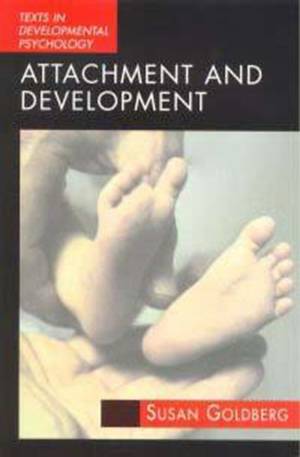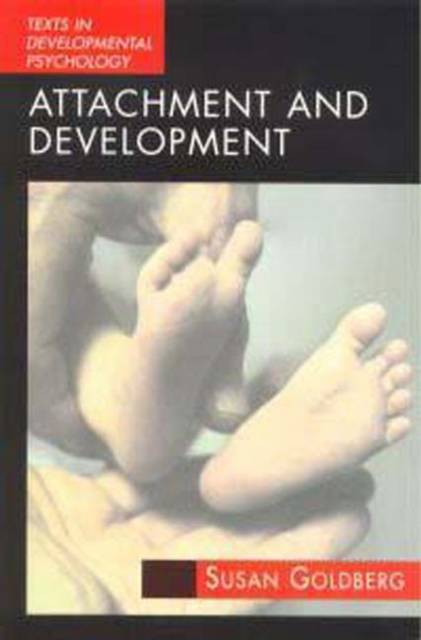
- Retrait gratuit dans votre magasin Club
- 7.000.000 titres dans notre catalogue
- Payer en toute sécurité
- Toujours un magasin près de chez vous
- Retrait gratuit dans votre magasin Club
- 7.000.0000 titres dans notre catalogue
- Payer en toute sécurité
- Toujours un magasin près de chez vous
Description
First published in 2000. Attachment Theory is the current dominant theory of parent-child relationships and their influence on development. The theory has generated an ever-expanding body of empirical work, and is one of the few contemporary comprehensive psychological theories. However, it is also controversial, with researchers generally falling into one or other of two camps. Consequently, most of the books published to date focus on specific aspects of Attachment work, and do not provide students with a view of the theory overall and how it relates to other areas within child development. Susan Goldberg, who has researched parent-child relationships and Attachment methods and theory since the 1960s, is ideally placed in writing this book that provides a coherent overview of the field and its place within child developmental psychology as a whole. She is widely known in the field, and along with many research articles, she has edited a volume on the 'state of the art' in Attachment Theory, published in 1995. In our time, the view that parent-child relationship plays a central role in a child's psychological development has been widely accepted. This was not always the case. Attachment Theory and the research it generated played an important role in producing the empirical evidence needed to support this view, and over the last 30 years, there has been an explosion of work in this area. 'Attachment and Development' is one of the few comprehensive and critical overviews of the theory and research in Attachment across the lifespan. It provides a detailed examination of the factors that contribute to shaping early Attachment, and the effects of Attachment on development including social competence, mental health and physical health. Special emphasis is given to newly emerging research on the role of cognition and emotion in internal working models of Attachment, as well as to the role of psychobiology. In order to achieve a balanced evaluation of this area as a whole, the book concludes with a critical appraisal of the contributions and limitations of Attachment research and theory. An ideal resource for developmental psychology students, this clear and accessible text also serves as an up-to-date reference for professionals in related disciplines, such as nursing, social work, psychiatry and education.
Spécifications
Parties prenantes
- Auteur(s) :
- Editeur:
Contenu
- Nombre de pages :
- 312
- Langue:
- Anglais
- Collection :
Caractéristiques
- EAN:
- 9780340731710
- Date de parution :
- 28-04-00
- Format:
- Livre broché
- Format numérique:
- Trade paperback (VS)
- Dimensions :
- 157 mm x 234 mm
- Poids :
- 566 g

Les avis
Nous publions uniquement les avis qui respectent les conditions requises. Consultez nos conditions pour les avis.






